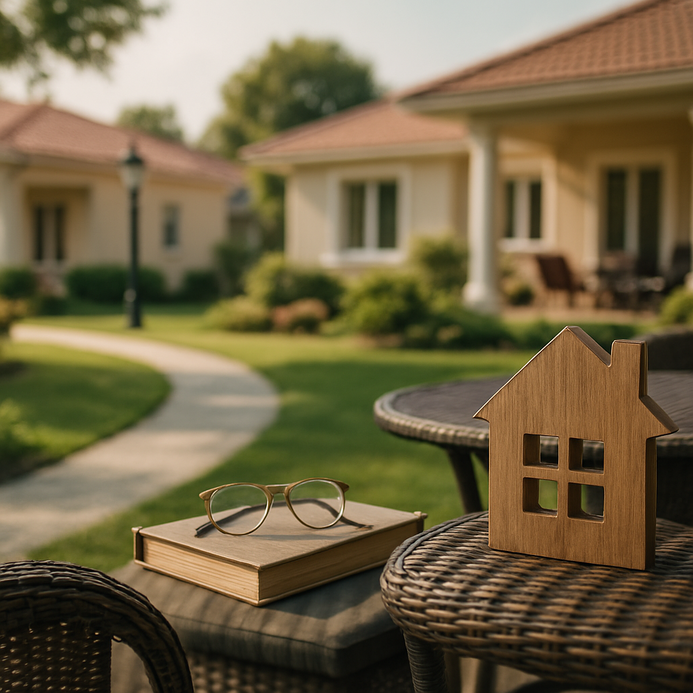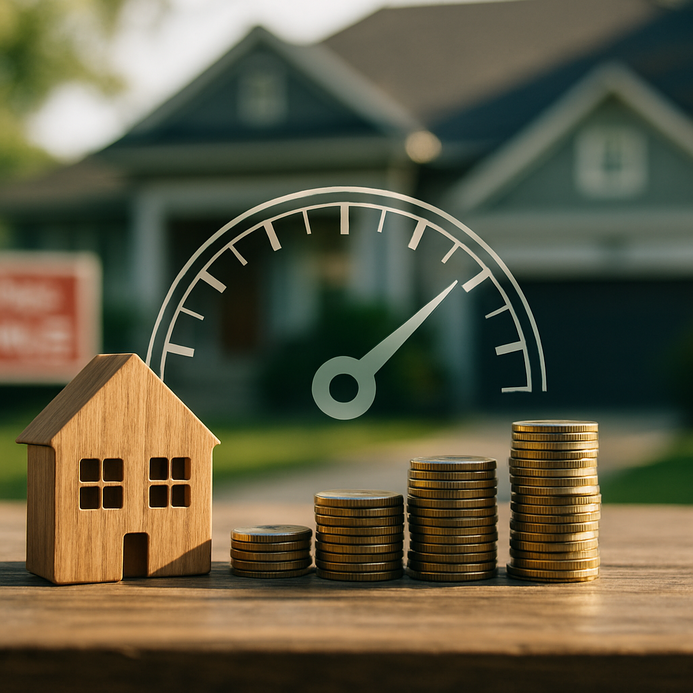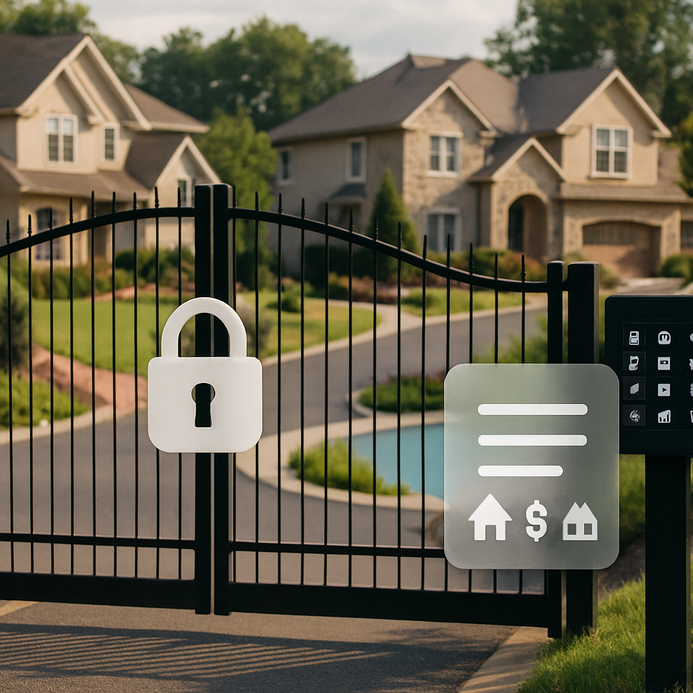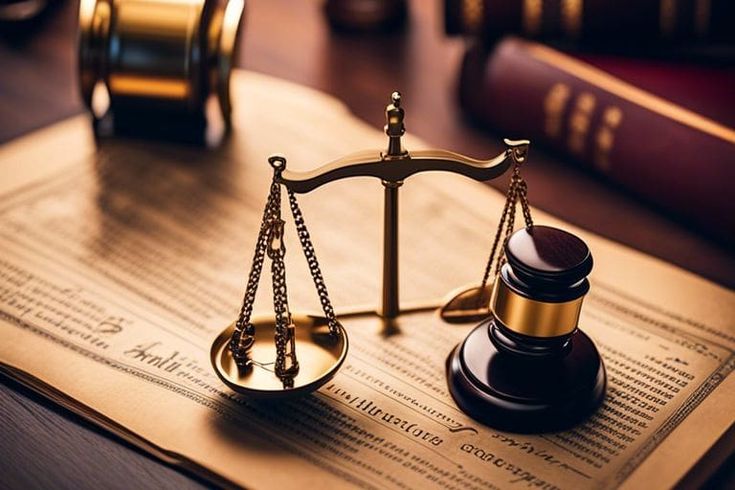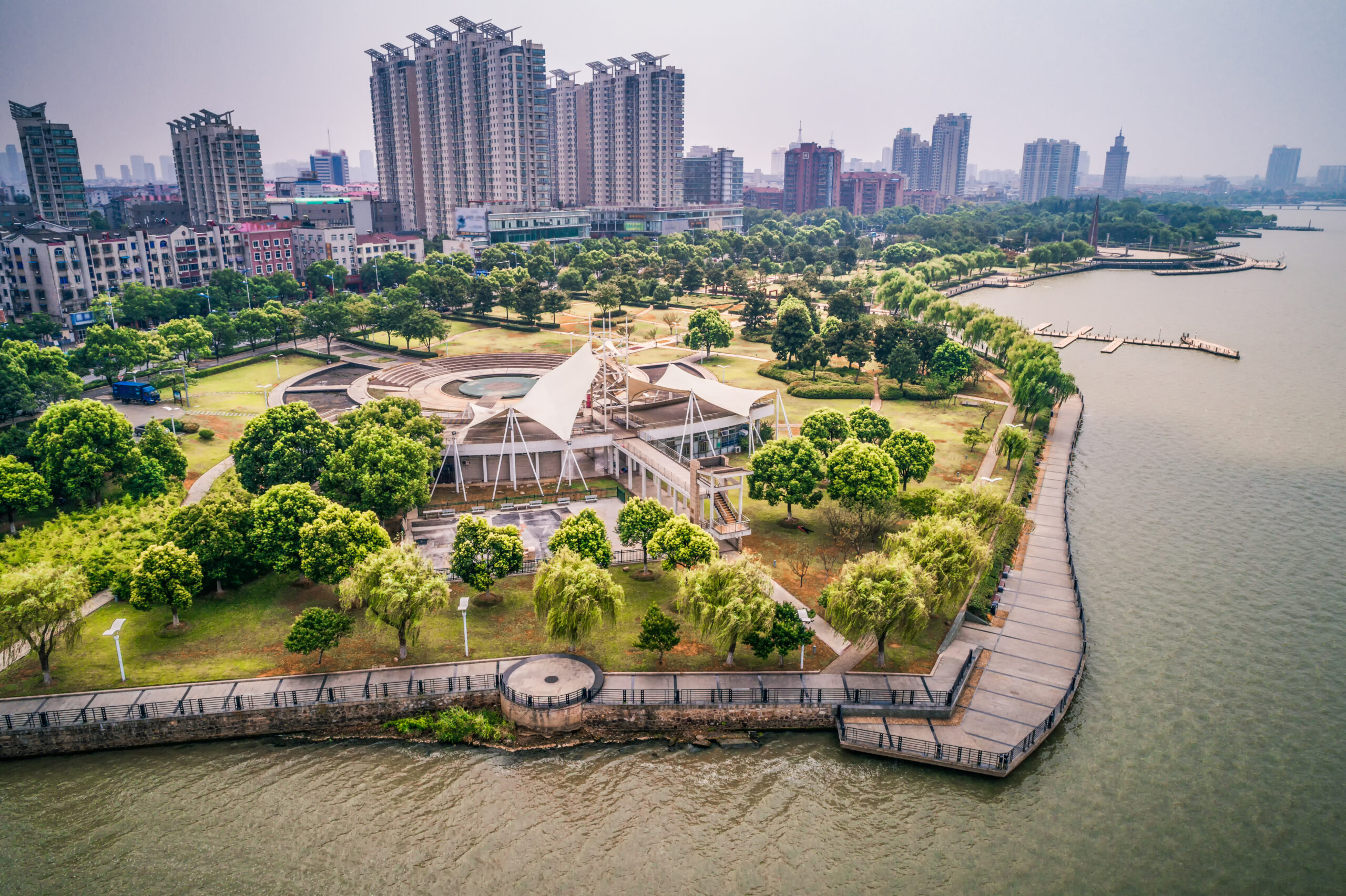Real Estate Terms Simplified: A Guide for Homebuyers
25
6 min read March 30, 2023
Purchasing a property in India can be a complex and challenging process, particularly for first-time buyers. One of the most daunting aspects of buying a home is understanding the terminology used in the real estate industry. Here is a glossary of some of the most common Real Estate terms you’re likely to come across when buying a property in India:
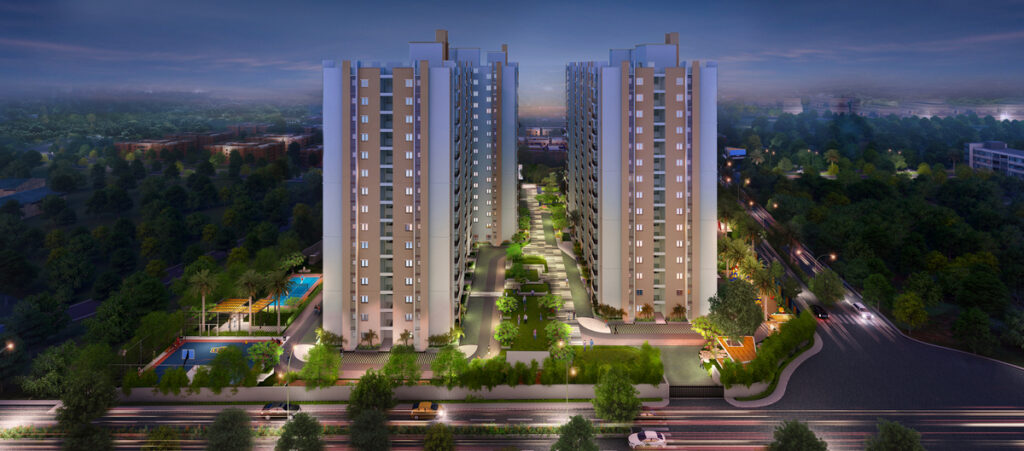
- Add-on Charges: Additional costs associated with a property transaction, such as brokerage fees, legal fees, stamp duty, and registration charges.
- Advance: The initial payment made by the buyer to the seller as a sign of their intent to purchase the property.
- Agreement for Sale: A legal agreement between the buyer and seller, outlining the terms and conditions of the property sale.
- Amenities: The facilities and services provided within a building or complex, such as swimming pools, gyms, clubhouses, and security systems.
- Annual Maintenance Charges (AMC): A fee paid by the apartment owners to the apartment association for maintenance of common areas and facilities.
- Approved Layout: A layout plan approved by the local authorities for the development of a residential or commercial project.
- Bank Loan: A loan provided by a bank to the buyer to finance the purchase of a property.
- Built-up Area: The total area of a property including the carpet area, plus the area occupied by walls, balconies, and other such features.
- Capital Gain: The profit made from the sale of a property that is above the purchase price.
- Carpet Area: The net usable area of the apartment/unit, excluding the area of walls, balconies, and common spaces.
- Completion Time: The time required for the construction of a building or complex, as specified in the agreement between the buyer and the developer.
- Circle Rate: The minimum value at which a property can be registered for the purpose of stamp duty and registration fees.
- Common Area: The area within a building or complex that is used by all residents or occupants, such as lobbies, staircases, elevators, and parking spaces.
- Completion Certificate: Certifies a completed building meets necessary regulations and standards.
- Constructed Property: A property that is already built and ready for occupation or use.
- Co-ownership: The ownership of a property by two or more people, where each owner has a share in the property.
- Deed: A legal document that proves the ownership of a property.
- Developer: A person or company involved in the construction and development of a real estate project.
- Down Payment: The initial payment made by the buyer to the seller or the bank, typically a percentage of the total property price.
- Earnest Money Deposit (EMD): The initial deposit paid by the buyer to the seller to show their intent to purchase the property.
- Encumbrance Certificate: A certificate issued by the government that certifies that the property is free from any legal or financial liabilities.
- Encroachment: The unauthorized use or occupation of someone else’s property without their permission.
- Encumbrance: Any legal liability or claim on a property, such as a mortgage, lien, or easement, that affects its ownership or value.
- Freehold Property: Property with complete ownership and control, including the land it’s on.
- FSI (Floor Space Index)/FSR (Floor Space Ratio): The ratio of the built-up area of a building to the total plot area, as permitted by the local authorities.
- Green Belt: An area of land surrounding a city or town that is reserved for agricultural or environmental purposes and is not available for development.
- Hypothecation: The pledging of a property as security for a loan, where the borrower retains ownership of the property but gives the lender the right to seize the property in case of default.
- Joint Development Agreement (JDA): An agreement between a landowner and a developer to jointly develop a property, where the landowner contributes the land and the developer contributes the construction expertise and resources.
- Khata: An account of a property maintained by the local municipal authorities for the assessment and collection of property taxes.
- Lease Agreement: A legal agreement between the landlord and tenant, outlining the terms and conditions of the lease of a property.
- Leasehold Property: A property where the owner has leased the land from the government or the landlord for a specified period.
- Market Value: The estimated value of a property based on its location, size, amenities, and other factors.
- Mutation: The process of transferring the title of a property from one person to another.
- Non-Agricultural Land (NA): Land that is not suitable for construction, only agriculture.
- Occupation Certificate: Certifies a building’s compliance with the building code for occupation.
- Plinth Area: The area of a property measured at the floor level and includes the area occupied by the walls.
- Possession: The legal right to occupy and use a property.
- Power of Attorney: Allows one person to act legally or financially on behalf of another..
- Property Tax: A tax levied by the local authorities on the property owner based on the property’s value.
- Ready-to-Move-In Property: A property that is fully constructed and ready for occupation or use.
- Real Estate Agent/Broker: A person or company that acts as an intermediary between the buyer and seller in a real estate transaction.
- Real Estate Regulatory Authority (RERA): A regulatory authority established by the government to protect the interests of buyers and regulate the real estate sector.
- Registration Fee: A fee paid to the government for registering the property sale deed.
- Resale Property: A property that has already been purchased and is being sold by the current owner.
- Sale Agreement: A legal agreement between the seller and the buyer outlining the terms and conditions of the sale of a property.
- Sale Deed: Legal document that transfers property ownership from seller to buyer.
- Security Deposit: A deposit paid by the tenant to the landlord as security against any damages or unpaid rent.
- Society: An association of apartment owners or residents formed to manage and maintain the common areas and facilities of a building or complex.
- Stamp Duty: A tax paid to the government for stamping and registering the property sale deed.
- Super Built-up Area: The total built-up area of a property, including the common areas, such as lobbies, staircases, elevators, and parking spaces.
- TDR (Transferable Development Rights): A scheme that allows landowners to transfer their development rights to another property or to the local authorities in exchange for monetary compensation or other benefits.
- Tenancy Agreement: A legal agreement between the landlord and tenant, outlining the terms and conditions of the lease of a property.
- Title Deed: A legal document that proves the ownership of a property.
- Transfer Fee: A fee paid by the buyer to the society or apartment association for the transfer of ownership of the property.
- Transfer of Property: The legal process of transferring the ownership of a property from one person to another.
- Under Construction Property: A property that is currently being constructed or developed.
- Unit: A single apartment or flat in a multi-unit building or complex.
- ULC (Urban Land Ceiling) Act: A law that restricts the ownership and use of land by individuals or entities to prevent the concentration of land in the hands of a few.
- Value Added Tax (VAT): A tax levied by the government on the sale of a property.
- Zoning: The division of a city into specific zones for different types of land use, such as residential, commercial, recreational.
Also read our blog on how to select the right gated community
Check out ASBL Spire, ASBL Springs and ASBL Spectra






